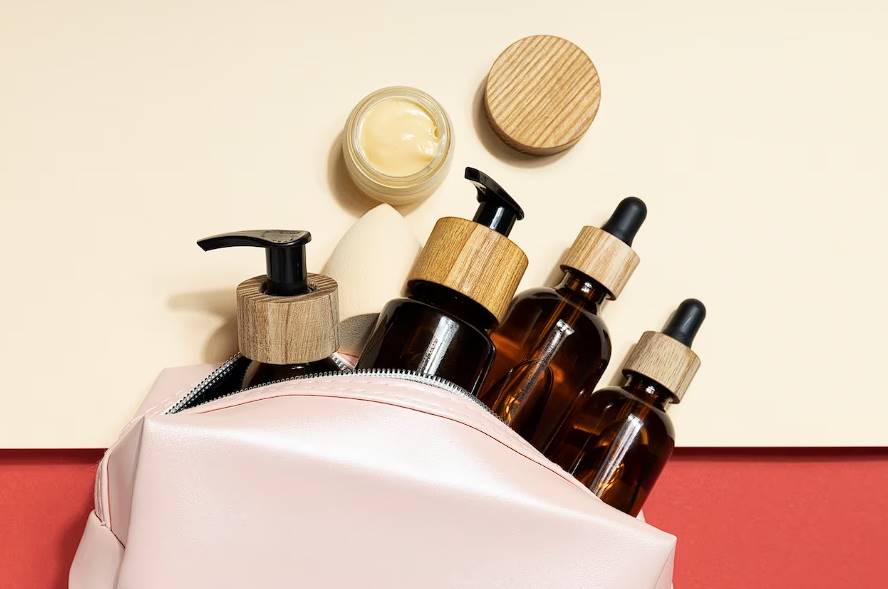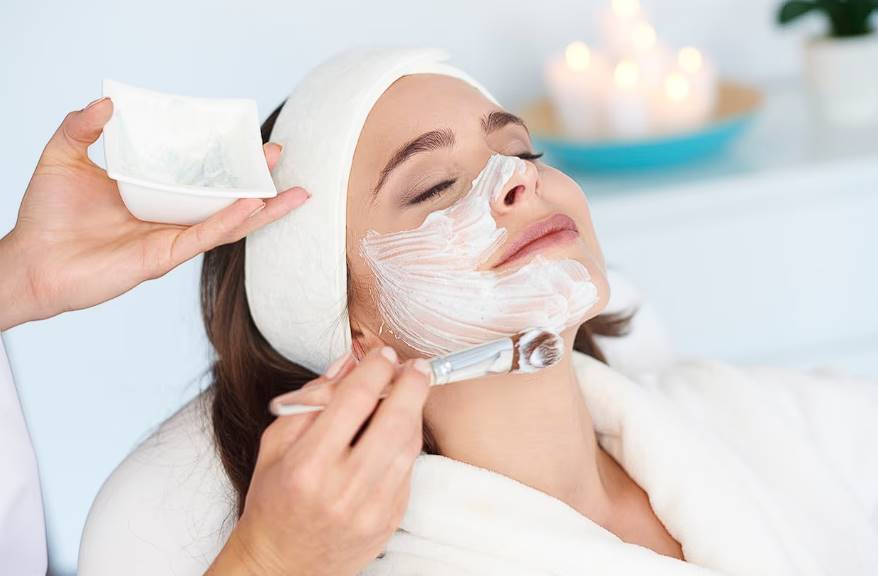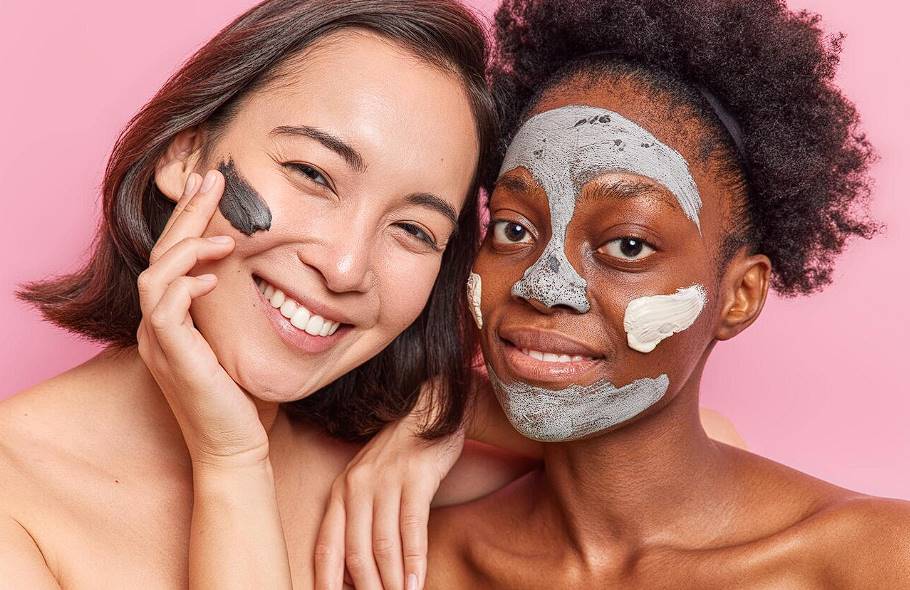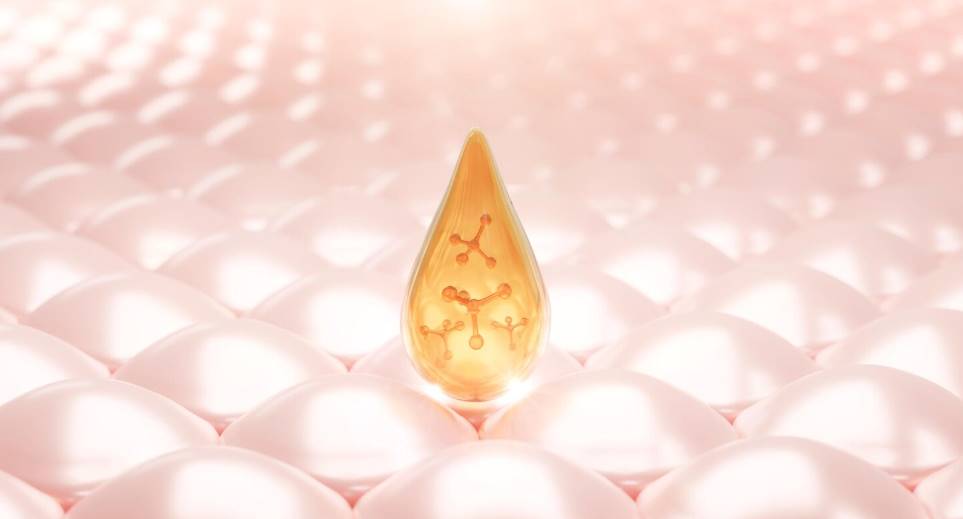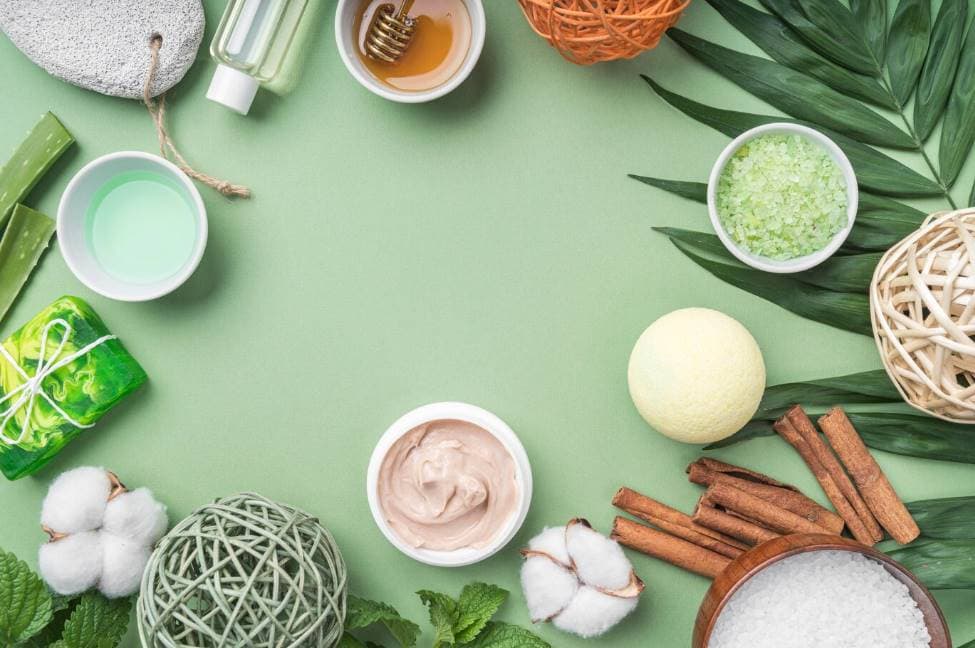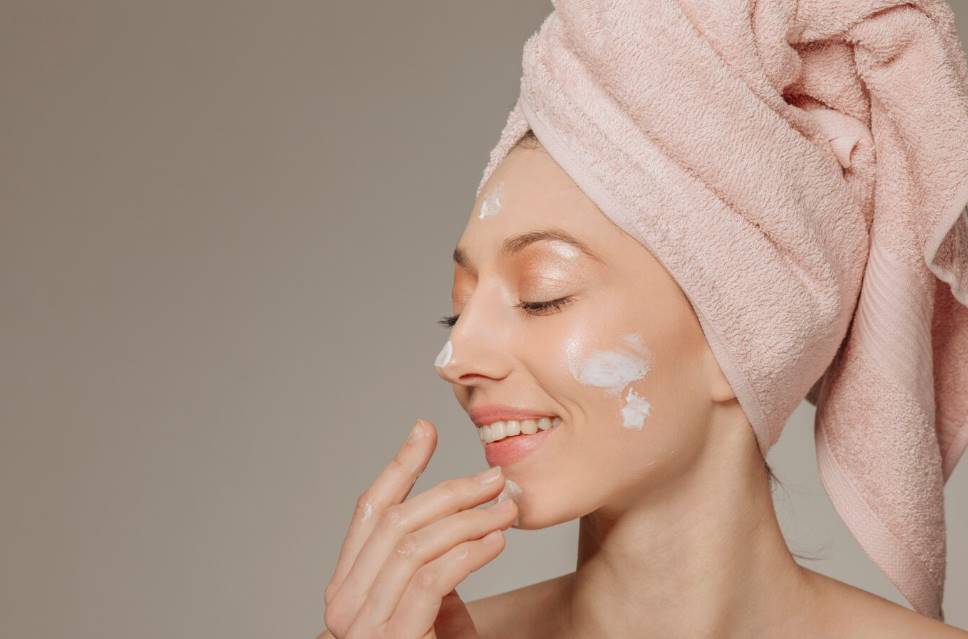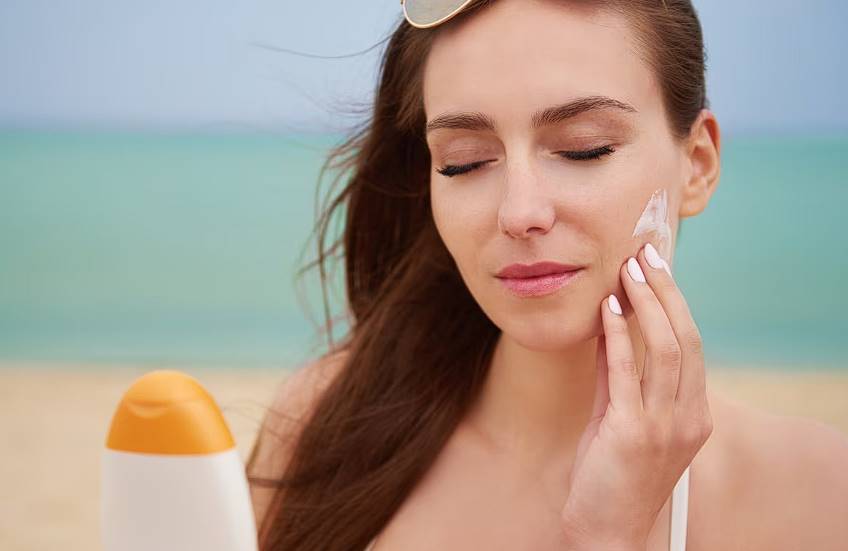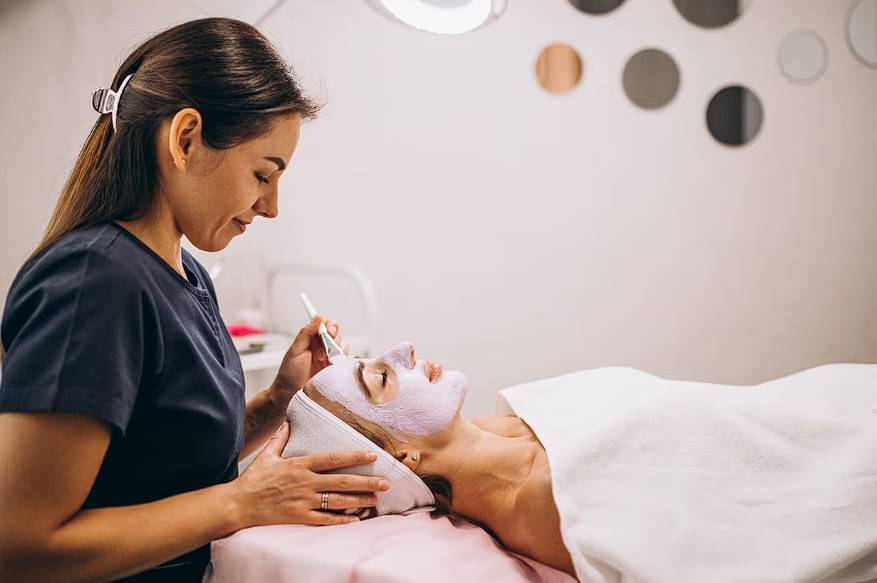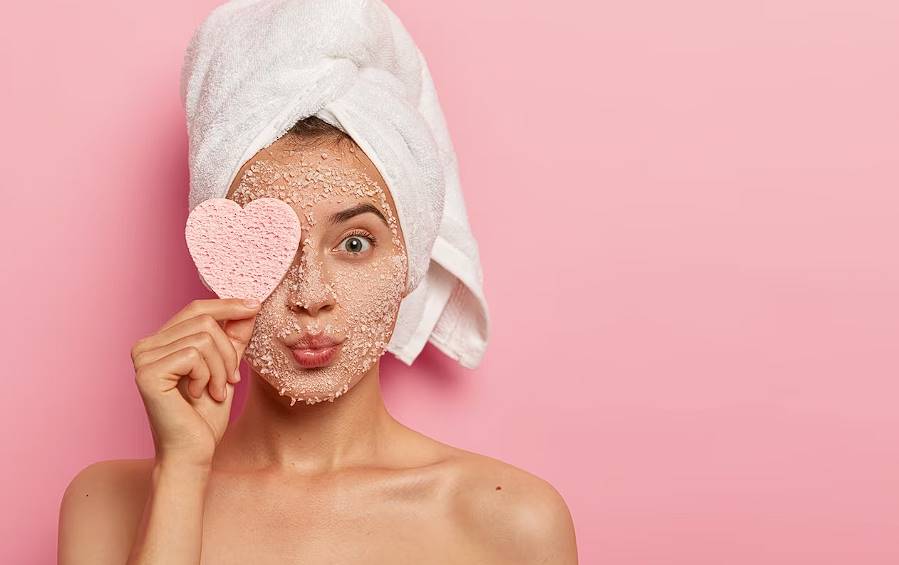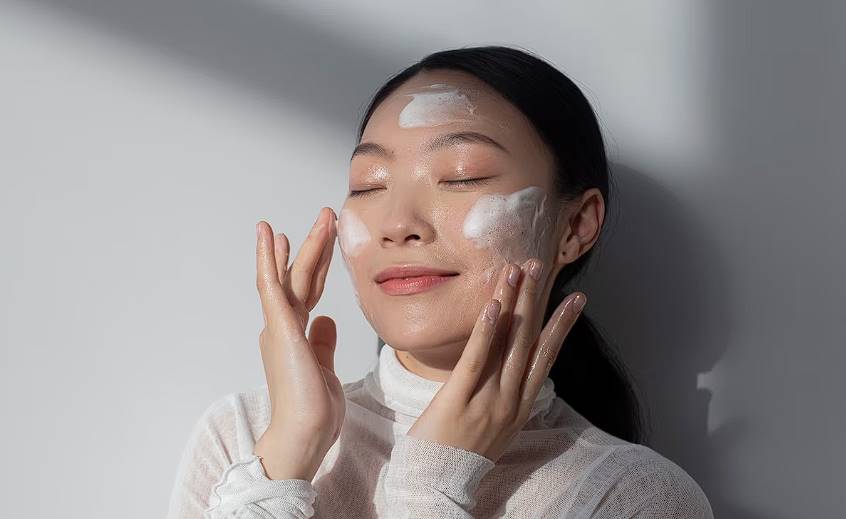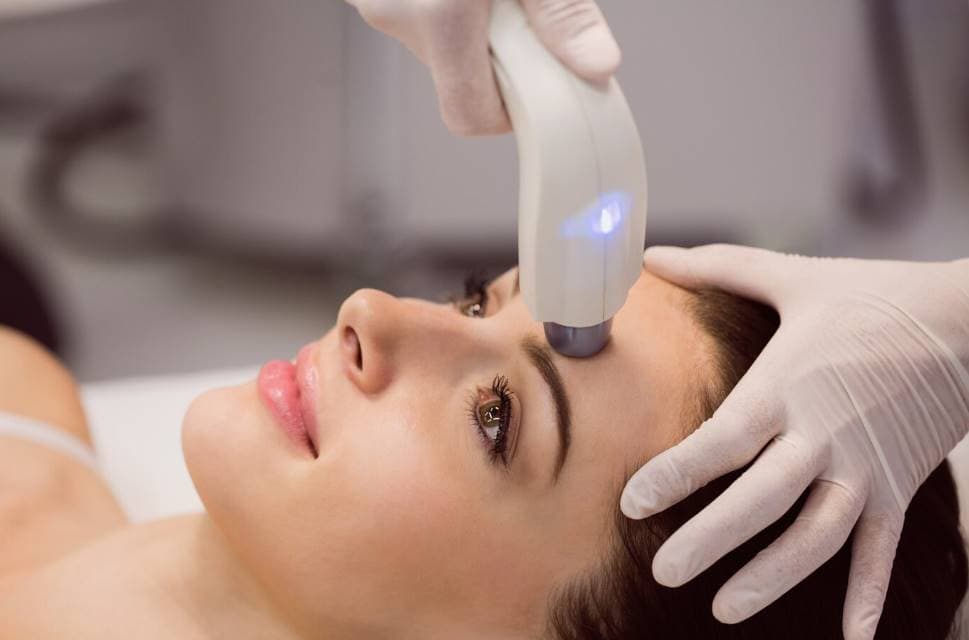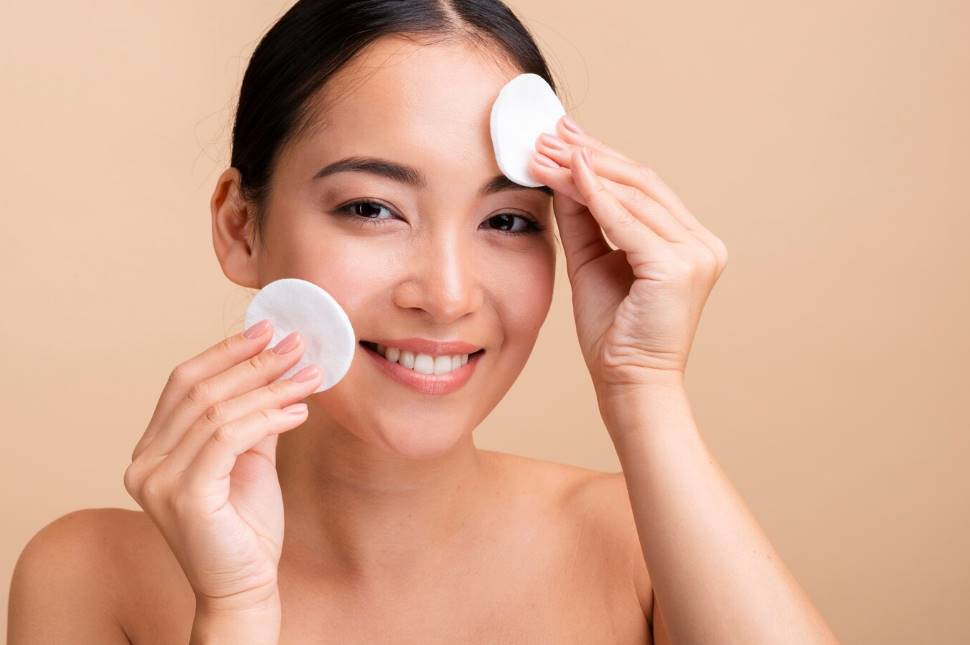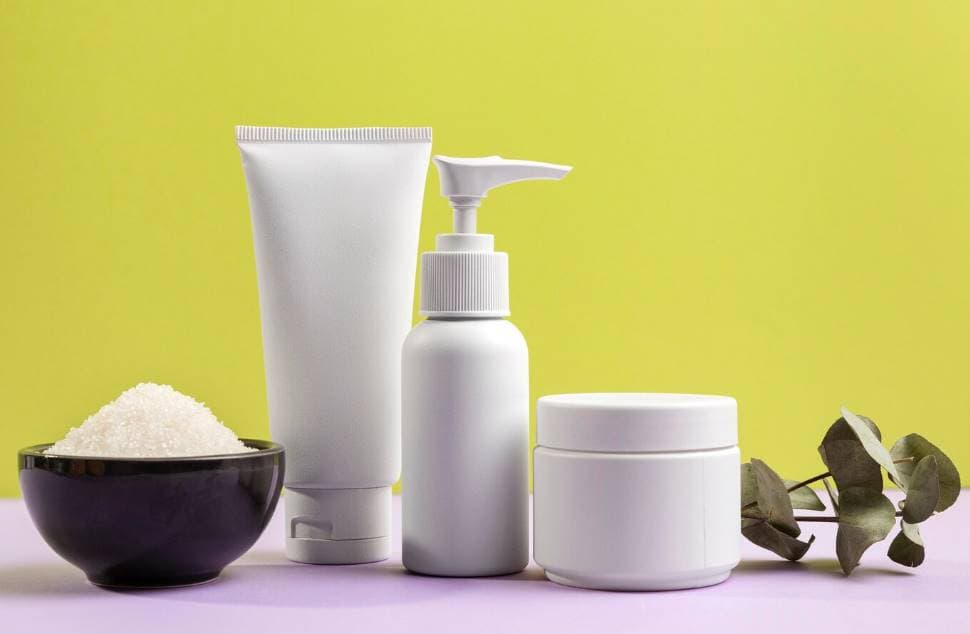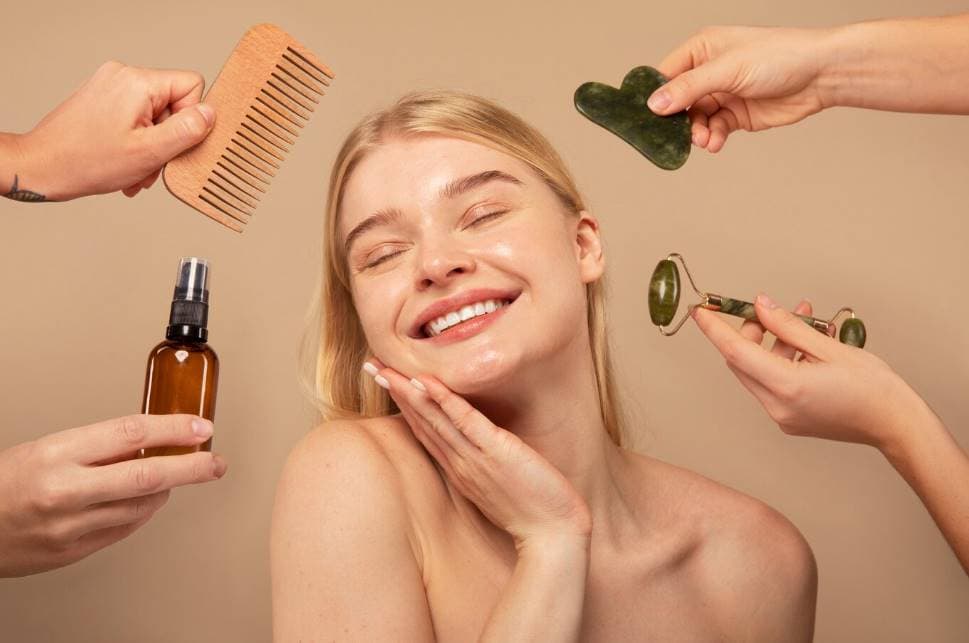The skin is the body's largest respiratory organ. Sixty percent or more of everything you put on your skin is absorbed into your bloodstream and distributed all over your body.
You might reconsider using non-organic skin care products if you understand how many harmful chemicals they include. That's why the growing popularity of natural cosmetics shouldn't come as a shock to anyone.
Stop utilising items that aren't organic if you're still using them. To find out why natural skin care products are a better option, read on to learn about their seven advantages.
What Qualifies As "Natural" In Skin Care Products?
The allure of 'natural' in the beauty and skincare world is undeniable. However, the term is not as straightforward as it seems. Delving deeper can often lead to some surprising revelations.
While the term "natural" often conjures up images of wholesome, plant-derived ingredients, it's essential to exercise caution. For instance, while poison ivy is undoubtedly a product of nature, its application on the skin would be ill-advised. Unfortunately, there's no standardised definition for "natural" in skincare, and companies are not bound by strict regulations to prove their claims.

Deciphering Skincare Terminology
To understand what lies beneath the "natural" label, one might consider some other commonly used terms:
- Fragrance-Free: Refers to the lack of both natural and synthetic scents. Unlike "unscented" products, which might contain chemicals to mask smells.
- Hypoallergenic: Implies a lower risk of causing allergies, though there's no standardised definition for this term.
- Non-Toxic: A broad term suggesting the product is safe for use.
- Paraben-Free: Avoids parabens, common preservatives in cosmetics, known for potential health risks.
- PFAS-Free: Excludes per- and poly-fluoroalkyl substances, linked to hormonal disruptions.
- Phthalate-Free: Omits phthalates, chemicals in some skincare products, associated with hormonal imbalances.
- Sulphate-Free: Lacks sulphates, surfactants known for lathering, offering a gentler approach.
While navigating the intricate world of skincare terminologies can be daunting, armed with the right knowledge, one can make more informed choices. It's always prudent to go beyond the front label and delve into the ingredients list to truly gauge the 'natural' quotient of a product.
What Distinguishes Natural Skin Care Products From Organic Ones?
For those seeking clarity in the realm of skincare, the distinction between 'organic' and 'natural' can be slightly puzzling. Companies have a tighter leash when it comes to using the term 'organic', implying genuine adherence to organic principles. On the other hand, the term 'natural' can be employed more loosely.
- Organic Seal: Products showcasing this seal must contain at least 95% organic agricultural components.
- "Organic" or "100% Organic": While the Organic Seal might not be always present on such products, the details and contact information of the certifying body are obligatory.
- "Made with Organic Ingredients": For a product to boast this title, a minimum of 70% of its constituents should be organic.
This ensures brands can't freely throw around the 'organic' label. However, one shouldn't fall into the trap of assuming organic always equals skin-friendly. Some organic elements can trigger skin sensitivities.
Are Cosmetics Made Of Natural Ingredients Better For Your Skin?
The 'natural' tag, predominantly a marketing strategy, doesn't always guarantee safety or efficacy. Nature boasts both soothing elements and irritants, and a shift to natural products doesn't necessarily evade adverse reactions.
Recent research scrutinising products labelled as natural, suitable for sensitive skin, or clean, delivered a surprising revelation. Of around 1,700 products studied, a staggering 94% contained elements known to incite contact dermatitis – an itchy, red skin reaction.
This reaction could manifest in various distressing ways, from swelling and blistering to flakiness and oozing. Dishearteningly, even after discontinuing a triggering product, the recovery from contact dermatitis can span weeks.
In the quest for healthy skin, it's paramount to remember that natural doesn't always translate to harmless. Always research and understand the components of skincare products, irrespective of their organic or natural labels.
The Advantages of Embracing Natural Skincare
Safe Ingredient Profile
Pause for a moment. The chances are that many conventional beauty products you apply daily contain harmful ingredients such as Quaternium-15, DMDM hydantoin, BHT, and even lead.
Shockingly, these toxic elements can even be found in infant formulas. Shifting to natural products allows you to avoid these harmful elements and opt for safer alternatives like Vitamin E.
Authentic Fragrance Experience
Natural beauty products captivate with their authentic aromas derived from genuine herbs and flowers. For those with sensitive skin, soothing elements like sage, chamomile, and lavender are often included. Unlike synthetic fragrances, these natural scents have a genuine charm without hidden chemical undertones.
Gentle Nourishment
Historically, people have relied on nature for beauty solutions. Natural skincare accentuates innate beauty whilst safeguarding overall health. These products are crafted with natural, non-GMO components, devoid of any harmful residues.
Commitment to Environmental Wellbeing
Organic skincare products stem from eco-friendly farming practices that shun chemicals. This not only conserves natural resources but also limits pollutants released into the ecosystem. Supporting such products indirectly champions sustainable farming and green manufacturing.
Personalised Care from Brands
Many natural skincare brands operate on a small scale, often handcrafting their products. With a deep knowledge of every ingredient and process, they genuinely understand their products. Moreover, these brands prioritise the well-being of their customers, ensuring top-quality in every item.
Ethical Standards: Cruelty-Free Approaches
Several renowned beauty brands claim ethical practices yet profit from animal-tested research. Conversely, most vegan and cruelty-free skincare lines avoid such testing, especially when using only natural ingredients.
Enhanced Efficacy
Organically cultivated plants are richer in antioxidants, vital for combating free radicals and skin pigmentation. Consequently, natural skincare products can comprise up to 95% active components, ensuring quicker and more profound effects.
Cost-Effective in the Long Run
Opting for natural skincare may seem costly initially, but in the long term, they prove economical. Given their high concentration of beneficial ingredients, smaller quantities yield desired results.
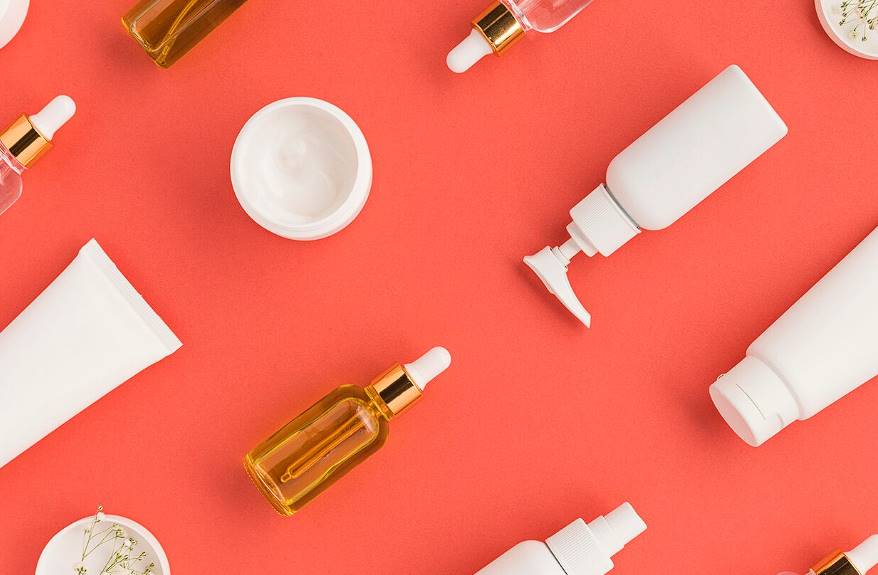
Ageing Gracefully with Nature
Conventional products might promise eternal youth, but often, their chemical content dries out the skin over time. In contrast, natural skincare, abundant in antioxidants and plant-based oils, ensures the skin remains youthful and supple.
Natural Acne Solutions
Harsh chemicals in many products can trigger acne. By choosing natural solutions, not only is the skin treated gently, but any reactions can be easily traced back to known ingredients.
A Plethora of Choices
The expanding natural skincare sector offers a multitude of products. The fusion of diverse natural ingredients opens up endless possibilities for innovative treatments, fragrances, and cleansers, far surpassing the limited scope of conventional skincare.
Transitioning to natural skincare isn't just a trend; it's a holistic approach to beauty that prioritises health, ethics, and the environment.
Conclusion
Natural skin care products have a lot of benefits for the skin, which is the biggest organ of respiration and has a lot of harmful chemicals in it. In skincare, the word "natural" isn't as simple as it sounds, but it can be used to tell the difference between organic and natural goods.
Natural skin care items must have at least 95% organic farm ingredients, and they must have the Organic Seal on them. But some natural things can cause skin to react badly.
Research has shown that switching to natural goods does not always make them safer or more effective. In a recent study, it was found that 94% of products that said they were natural, good for sensitive skin, or clean had ingredients that are known to cause contact dermatitis.
It's important to remember that "natural" doesn't always mean "safe," so it's important to learn about the ingredients in beauty products, even if they say "organic" or "natural."
Natural skincare has many benefits, such as safe ingredients, authentic scents, gentle nourishment, a commitment to the health of the environment, personalised care from brands, ethical standards, increased effectiveness, lower long-term costs, graceful ageing with nature, and natural acne solutions.
The natural skincare market is growing, and there are more and more goods available. There are many different natural ingredients that can be used to make new treatments, scents, and cleansers.
Switching to natural skincare is a holistic way to look good that puts health, ethics, and the world first. By knowing what's in natural skincare items and using them, people can make better decisions and enjoy the benefits of natural skincare.
Content Summary
- The skin, our largest respiratory organ, absorbs over 60% of what's applied.
- Harmful chemicals in non-organic products enter our bloodstream.
- Natural cosmetics are gaining momentum due to their safer profile.
- Natural doesn't always mean safe; understanding is crucial.
- There's no strict regulation defining 'natural' in skincare.
- Natural skincare can sometimes mislead with surprising ingredients.
- Fragrance-free skincare lacks both natural and artificial scents.
- Hypoallergenic products claim to reduce allergy risks.
- Non-toxic labels suggest products free from health risks.
- Paraben-free products exclude these controversial preservatives.
- PFAS-Free products shun these hormone-disrupting chemicals.
- Phthalate-free skincare omits these potential hormone disruptors.
- Sulphate-free products promise a milder skincare experience.
- Understand skincare terminology to make informed choices.
- Check ingredient lists, not just front labels.
- 'Organic' and 'natural' in skincare differ in definitions.
- Strict criteria exist for organic labelling in skincare.
- Not all products labelled 'organic' sport the Organic Seal.
- Products must have 70% organic ingredients to claim 'Made with Organic Ingredients'.
- Organic doesn't guarantee the absence of skin irritants.
- 'Natural' is a marketing term, not a safety certification.
- Natural products can sometimes cause adverse skin reactions.
- 94% of 'natural' products contain contact dermatitis triggers.
- The effects of contact dermatitis can last for weeks.
- It's vital to research product ingredients, whether natural or organic.
- Natural skincare avoids harmful ingredients like Quaternium-15.
- DMDM hydantoin, BHT, and lead are alarmingly found in some beauty products.
- Natural products often have authentic and pleasant aromas.
- Ingredients like sage and chamomile in natural products soothe sensitive skin.
- Historically, natural remedies have been trusted beauty allies.
- Natural skincare is free from GMO and harmful chemical residues.
- Natural products come from eco-friendly farming, supporting the environment.
- Small-scale natural skincare brands offer handcrafted authenticity.
- Many natural brands genuinely understand and value their customers.
- Ethical beauty means cruelty-free and vegan approaches.
- Natural products are often richer in antioxidants than conventional ones.
- High efficacy is achieved with up to 95% active ingredients in natural products.
- Natural skincare proves cost-effective over time due to its concentrated goodness.
- Embrace nature for ageing gracefully and maintaining youthful skin.
- Ditching harsh chemicals reduces acne outbreaks.
- Natural acne solutions allow easy identification of triggering ingredients.
- The natural skincare sector's growth offers abundant product choices.
- Innovation in natural skincare exceeds that of conventional products.
- Natural skincare is a holistic beauty approach.
- It combines health benefits with ethical considerations.
- By choosing natural, consumers champion sustainable farming.
- Natural products often have no hidden chemical undertones.
- Organic principles in skincare mean genuine ingredient authenticity.
- Avoiding toxic components is the core advantage of natural skincare.
- Making an informed switch to natural skincare ensures a holistic beauty regime.
Frequently Asked Questions
Antioxidants help protect your skin from free radicals, reduce oxidative stress and prevent pigmentation. That means you can expect better results from organic products than any other kind of skincare. Up to 95% of the contents of organic skincare products are active ingredients.
Plants grown organically contain more vital antioxidant vitamins than non-organic plants. Since these plants are grown without herbicides and pesticides, their organic ingredients are also free from contamination, which means the same for your skin and body.
Using natural and organic products is much better for the environment. Skincare products that contain chemicals can have a very damaging impact on the environment. Sprays and perfumes released into the atmosphere can be very harmful, as well as the manufacturing process to create them.
Furthermore, consumers associate natural food with an improved taste and greater freshness. In addition, natural food is perceived as healthier than processed food. A popular belief is that food processed by humans is harmful.
Time is money. Natural products are grown without pesticides, genetically altered ingredients or growth-inducing hormones often associated with drugstore products. They take longer to grow and often come from smaller farms, whose farmers (thank you!) have chosen quality over profit.
